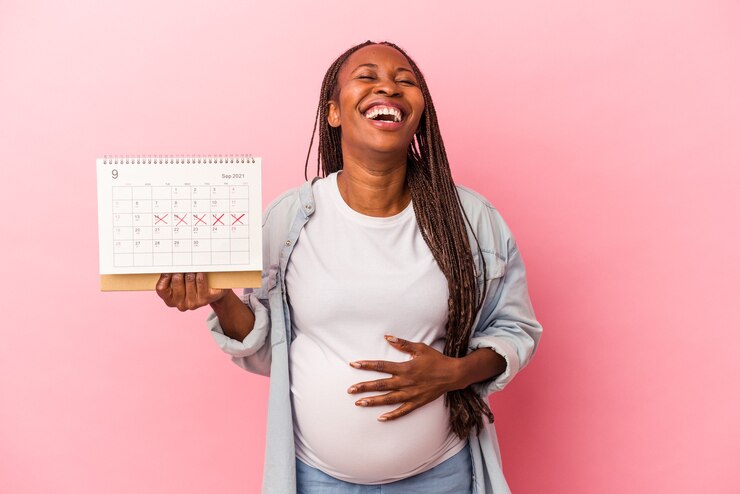Getting Pregnant With An Irregular Period
Women with regular periods will have between 11 and 13 menstrual periods in one calendar year, which means that they will have up to 13 chances to conceive each year. On the other hand, women with irregular periods may have far fewer chances to conceive each year, potentially making the path to parenthood for them a longer, more tiresome journey.
If you do have irregular periods, it is certainly possible to become pregnant. Understanding the causes of irregular periods and how you can help to restore cycle regularity can help as you embark on your trying to conceive adventure.
How do I know if my periods are irregular?
To answer this question, it is helpful to talk about what a regular menstrual cycle might look like. (Note: the total length of your menstrual cycle is the number of days from the start of one period to the start of your next period.) It may be surprising to hear that you can be considered “regular” even if you don’t have a period every 28 days. According to anatomy and physiology textbooks, a woman with a regular menstrual cycle has a period every 23 to 35 days that are predictable in nature. This means that you can be considered regular even if your period comes every 23 days or every 35 days or anywhere in between, as long as your cycle length doesn’t typically vary by more than a couple days on either side.
On the other hand, an irregular period is defined as a menstrual cycle that is consistently shorter than 21 days or consistently longer than 36 days. You can also be considered “irregular” if your cycle length varies significantly from cycle to cycle, sometimes lasting 28 days, then 40 days, then 32 days.
What might be causing my irregular cycles?
It is perfectly normal to experience some irregularity in your menstrual cycle from time to time, especially during stressful times or due to illness. For most women, cycle regularity will return once the stress and illness are resolved.
For women with chronic irregularity, it is likely that there is an underlying hormonal imbalance (probably with estrogen and progesterone) that is impacting the frequency of ovulation and/or menstruation. While it is not always easy to identify why a hormonal imbalance is present, there are a couple of known causes of hormonal imbalances in trying to conceive women.
A common cause of hormonal imbalance is the medical condition known as Polycystic Ovarian Syndrome (PCOS). One of the symptoms of PCOS is the stimulation of multiple follicles that generate high levels of estrogen, without the successful release of an egg. The excessive estrogen stimulates the uterine lining to thicken to a point where it must slough off, which results in menstrual bleeding even though no ovulation ever occurred.
Women who are battling eating disorders often have hormonal imbalances, which result in irregular or completely absent menstrual periods (called amenorrhea). In addition, women who exercise to excess (for example 3 hours per day of strenuous exercise) can become irregular. The lack of adequate nutrition resulting from anorexia and/or physical stress caused by excessive exercise can alter the chemistry of the brain, making it difficult for the brain to trigger the hormones necessary for follicle development. Lack of follicle development can cause estrogen deficiency.

